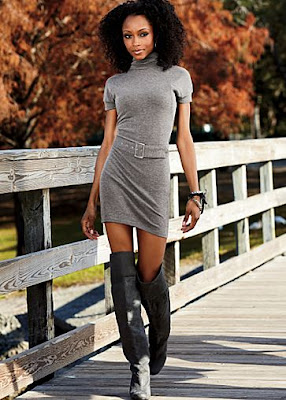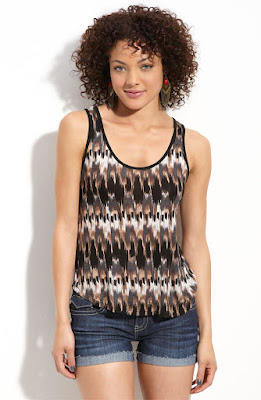1. Don't ask: "What are you?"
Instead ask: "What is your ethnicity / ethnic makeup," etc.
Many mixed race individuals (also including myself) love this question when worded this way. Are we being nit-picky? Maybe. But unless you're a minority yourself, you represent the majority and we represent the "Other." In general we love to celebrate our otherness with those who are genuinely interested and who show that they view us positively through the way they ask.
Caveat: Some mixed race individuals don't like this question at all, so the guideline above only works on a case by case basis.
2. Don't say: "You're beautiful because you're exotic."
Again, such a statement may make us feel subhuman and more like an animal in a zoo. We don't want to be beautiful because of the way we differ from whites. Rather, we want to be beautiful of our own accord, and we believe a white person can be just as good looking as we are. In fact, if we are part white ourselves, saying we're beautiful because we're exotic means that half of our ethnic makeup is not beautiful.
Instead say: "You're beautiful."
Who doesn't like to be told they're beautiful? This statement is sure to flatter the receiver and you can steer clear of race talk completely.
Caveat: Some mixed race individuals do love to be noticed for their exoticism, so again, I can't speak for everyone.
3. Don't say: "I'm color-blind" or "I don't see color."
Mixed race individuals don't like this statement because we can't relate. We see color every single day, there is no way around it. We notice the one black student in the class, or the one Asian student at the party. We notice the races of all the characters in every TV show or movie, of every person in every commercial, and in every magazine ad. We don't notice these things because we are obsessed with race. Rather, because of growing up as an "Other," there is no way for us not to notice the races of those around us.
Rather say: Nothing. There's really no PC equivalent to this statement. Just avoid it!
Even "I love every color of the rainbow" or "I appreciate everyone's differences" can be taken as an insult. Why? Because like it or not, every single human being has prejudice inside them, even us. We should all fight against it, of course, but not being at all affected by race isn't possible.
4. Don't say: "African-American."
Once upon a time, African-American was politically correct. Much in the same way that homosexual was the PC term over gay. However, just as gays have taken back their original definer, so have blacks. African-American is now passe, because it's an irrelevant definition. After all, we don't call whites European-American, and many of us have ethnic roots in America that go all the way back to the 1600s.
Instead say: "black."
Remember the Black is Beautiful movement of the 60s? Well it's back.
Caveat: The plural of "black" is most often "black people," not "blacks." And especially not "the blacks." Again, this may be a nit-picky criteria, but no one wants to pull a Donald Trump and say "I have a great relationship with the blacks." We're not one unit, we are all individuals.
Mixies: What rules of etiquette do you have to contribute? Are there any here that you disagree with?
--Shannon Luders-Manuel












